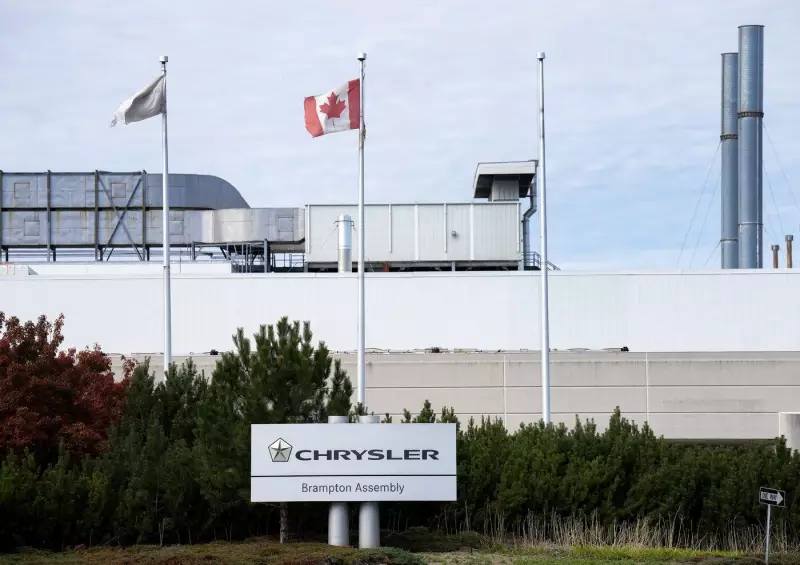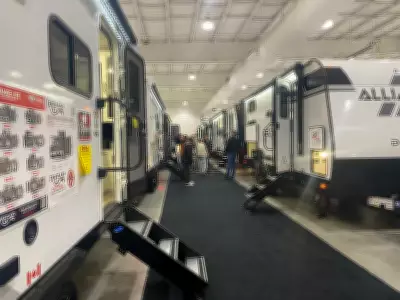
The president of automotive giant Stellantis found himself in the hot seat during a tense House of Commons committee hearing, facing aggressive questioning from Canadian lawmakers over the company's controversial decision to relocate production from Windsor, Ontario to the United States.
Carlos Zarlenga, the North American president for Stellantis, endured a thorough grilling from members of Parliament who expressed deep concern about the implications for Canada's automotive manufacturing sector. The hearing revealed growing anxiety among Canadian officials about the future of the country's position in the global electric vehicle supply chain.
Production Shift Sparks Political Firestorm
At the heart of the controversy is Stellantis's decision to move production of its popular Pacifica minivan from the Windsor Assembly Plant to facilities in the United States. This move represents a significant blow to Ontario's manufacturing landscape and raises questions about Canada's competitiveness in attracting and retaining automotive investment.
MPs from multiple parties pressed Zarlenga on the economic rationale behind the decision, with particular focus on whether Canadian government incentives and support measures were sufficient compared to American offerings under the Inflation Reduction Act.
Job Security Concerns Take Center Stage
Lawmakers expressed alarm about the potential job losses and economic impact on the Windsor region, which has long been a cornerstone of Canada's automotive manufacturing industry. The shift in production threatens to undermine decades of automotive expertise and infrastructure development in Southern Ontario.
"This isn't just about one plant or one model," one committee member stated. "This is about whether Canada will remain a player in the automotive manufacturing world as the industry transitions to electric vehicles."
Competitiveness Questions Dominate Exchange
The committee hearing highlighted the intense global competition for electric vehicle and battery manufacturing investments. Canadian officials pressed Zarlenga on what specific factors led to the U.S. decision and what Canada needs to do to remain competitive in future investment decisions.
The Stellantis president faced repeated questions about the comparative advantages of U.S. production facilities and whether Canadian policy measures could have altered the company's decision-making process.
The hearing concluded with lingering concerns about Canada's automotive manufacturing future and calls for more aggressive policy measures to protect and grow the country's position in the global automotive industry.





